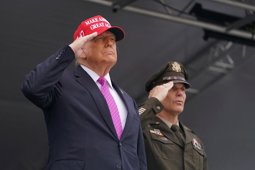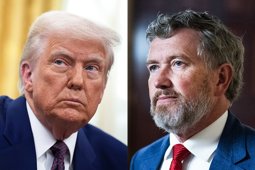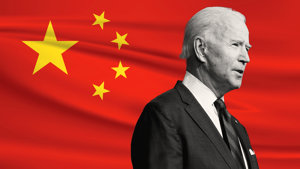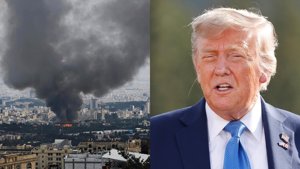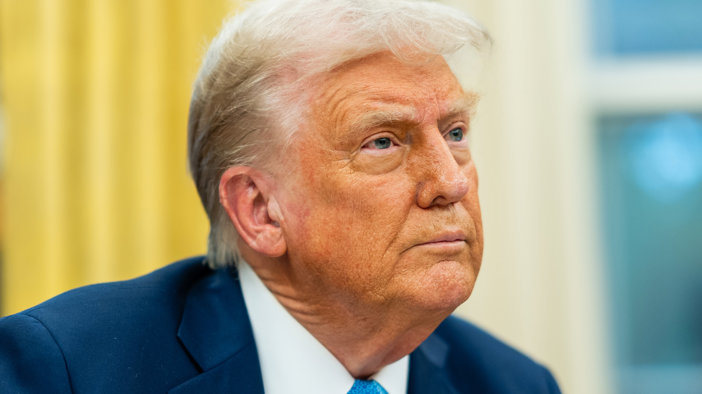
Judge Blocks Trump’s Tariff Orders
Judge rules Trump lacked authority under IEEPA to impose sweeping tariffs on Chinese imports, halting five orders.
Federal Court Limits Scope of Executive Power in Trade Dispute
A U.S. District Court in Washington, D.C., issued a preliminary injunction on Thursday, blocking five executive orders signed by President Donald Trump that imposed steep tariffs on Chinese imports. The decision came in response to a legal challenge filed by Learning Resources, Inc., a toy company based in the Chicago area.
Judge Rudolph Contreras ruled that the International Emergency Economic Powers Act (IEEPA) did not grant the president authority to enact such broad tariffs. The injunction, which halts the enforcement of the tariffs, will remain on hold for 14 days to allow the administration time to file an appeal.
The blocked orders stem from Trump’s April 2 announcement of the “Liberation Day” tariff plan, which imposed a baseline 10% tariff on all foreign imports, with rates as high as 145% on Chinese goods. The sweeping nature of the tariffs drew immediate concern from American manufacturers heavily reliant on Chinese production.
Legal Challenge from Industry Stakeholders
Rick Woldenberg, CEO of Learning Resources, described the potential impact on his third-generation family business as devastating. The company’s tariff payments would surge from $2.3 million in 2024 to over $100 million in 2025. “I wish I had $100 million,” Woldenberg wrote. “Honest to God, no exaggeration: It feels like the end of days.”
Woldenberg’s concerns reflect broader economic dependencies. According to industry data, China supplies the majority of several consumer product categories, including 97% of baby carriages and 93% of children’s coloring books.
Wednesday’s ruling by the U.S. Court of International Trade similarly concluded that the Trump administration overstepped its authority under the IEEPA. In a joint opinion, three judges—appointed by former Presidents Reagan, Obama, and Trump—stated that the Constitution vests Congress with the exclusive power to impose tariffs and regulate foreign commerce.
“The question in the two cases before the court is whether the International Emergency Economic Powers Act of 1977 delegates these powers to the President,” the judges wrote. “We find that it does not confer such unbounded authority.”
The Trump administration has already appealed the ruling to the U.S. Supreme Court. However, it remains unclear how the ruling will affect tariffs already in place or those planned under the executive orders.
White House spokesperson Kush Desai defended the administration’s strategy, asserting that nonreciprocal trade relationships have harmed American workers and industries. “These deficits have created a national emergency that has decimated American communities,” Desai said. “It is not for unelected judges to decide how to properly address a national emergency.”
Desai emphasized President Trump’s ongoing commitment to putting American economic interests first, pledging to continue using all executive tools available to restore balance in international trade.

